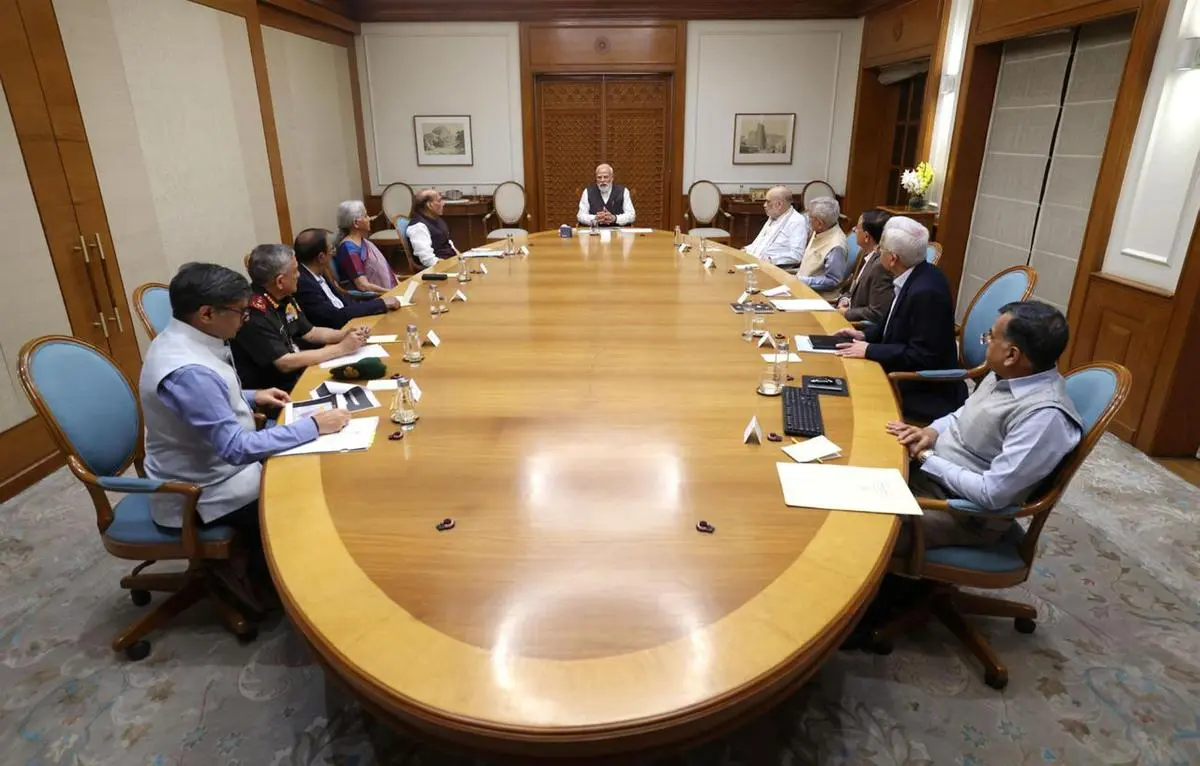The government has sanctioned the establishment of Research Parks at IITs — Madras, Bombay, Kharagpur, Kanpur, Delhi, Guwahati, Hyderabad, Gandhinagar and IISc Bangalore to augment the research ecosystem in the country to enable students to pursue their R&D interests in India, through innovative research
The Indian government is committed to not only retain students passing out of the premier educational institutions in the country, but also attract non-resident Indians back to the country. Under the Prime Minister’s Research Fellowship scheme, attractive fellowships are offered to selected students to pursue their Ph. D. in Indian Universities/Institutions. The government has sanctioned the establishment of Research Parks at IITs — Madras, Bombay, Kharagpur, Kanpur, Delhi, Guwahati, Hyderabad, Gandhinagar and IISc Bangalore to augment the research ecosystem in the country to enable students to pursue their R&D interests in India, through innovative research. Incubation Centres at educational institutions seek to nurture technology and knowledge-based ventures through their start-up phase by providing the necessary support to help entrepreneurs survive in the competitive market and reach a stage where they can scale-up their ventures further, said India’s Minister of State for Education, Dr. Subhas Sarkar in a written reply in the Rajya Sabha on July 27, 2022.
It may be pointed out that the government of India announced the National Education Policy 2020 on July 29, 2020. It envisions an education system rooted in Indian ethos that contributes directly to transforming India, that is Bharat, sustainably into an equitable and vibrant knowledge society by providing high-quality education to all, innovation and research and thereby making India a global knowledge superpower by equipping its students with the necessary skills and knowledge.
During the past few years, a number of educational institutions have been set up to achieve self-sufficiency in higher education sector such as seven new IIMs (Sirmour, Nagpur, Sambalpur, Amritsar, Bodhgaya, Vishakhapatnam and Jammu), six new IITs (Tirupati, Palakkad, Jammu, Bhilai, Goa, Dharwad) and ISM Dhanbad has been converted into IIT, two new IISERs (Tirupati and Behrampur), a new NIT (Andhra Pradesh), 20 IIITs – PPP were declared as Institute of National Importance (INI), 16 IIITs (15 IIITs – PPP & 1 IIIT Kurnool), and a new Central University in Motihari, Bihar have been established
To make the country self-sufficient in higher education, Ministry of Education has been vigorously pursuing with all stakeholders for implementation of NEP 2020, which inter-alia includes moving towards higher educational system consisting of large, multidisciplinary universities and colleges that offer medium of instruction or programmes in local/Indian languages. HEIs are focusing on research and innovation by setting up start-up incubation centres, technology development centres, etc. with greater industry-academic linkages. HEIs have started Internship/Apprenticeship Embedded Degree Programmes to develop skill, employability and entrepreneurship.
During the past few years, a number of educational institutions have been set up to achieve self-sufficiency in higher education sector such as seven new IIMs (Sirmour, Nagpur, Sambalpur, Amritsar, Bodhgaya, Vishakhapatnam and Jammu), six new IITs (Tirupati, Palakkad, Jammu, Bhilai, Goa, Dharwad) and ISM Dhanbad has been converted into IIT, two new IISERs (Tirupati and Behrampur), a new NIT (Andhra Pradesh), 20 IIITs – PPP were declared as Institute of National Importance (INI), 16 IIITs (15 IIITs – PPP & 1 IIIT Kurnool), and a new Central University in Motihari, Bihar have been established.
******************************************************
Readers
These are extraordinary times. All of us have to rely on high-impact, trustworthy journalism. And this is especially true of the Indian Diaspora. Members of the Indian community overseas cannot be fed with inaccurate news.
Pravasi Samwad is a venture that has no shareholders. It is the result of an impassioned initiative of a handful of Indian journalists spread around the world. We have taken the small step forward with the pledge to provide news with accuracy, free from political and commercial influence. Our aim is to keep you, our readers, informed about developments at ‘home’ and across the world that affect you.
Please help us to keep our journalism independent and free.
In these difficult times, to run a news website requires finances. While every contribution, big or small, will makes a difference, we request our readers to put us in touch with advertisers worldwide. It will be a great help.
For more information: pravasisamwad00@gmail.com








